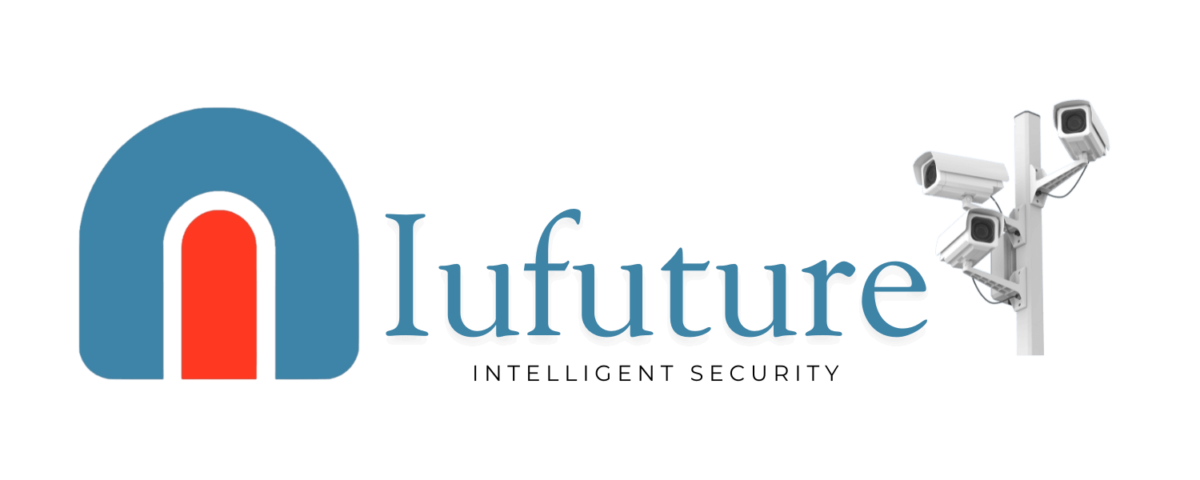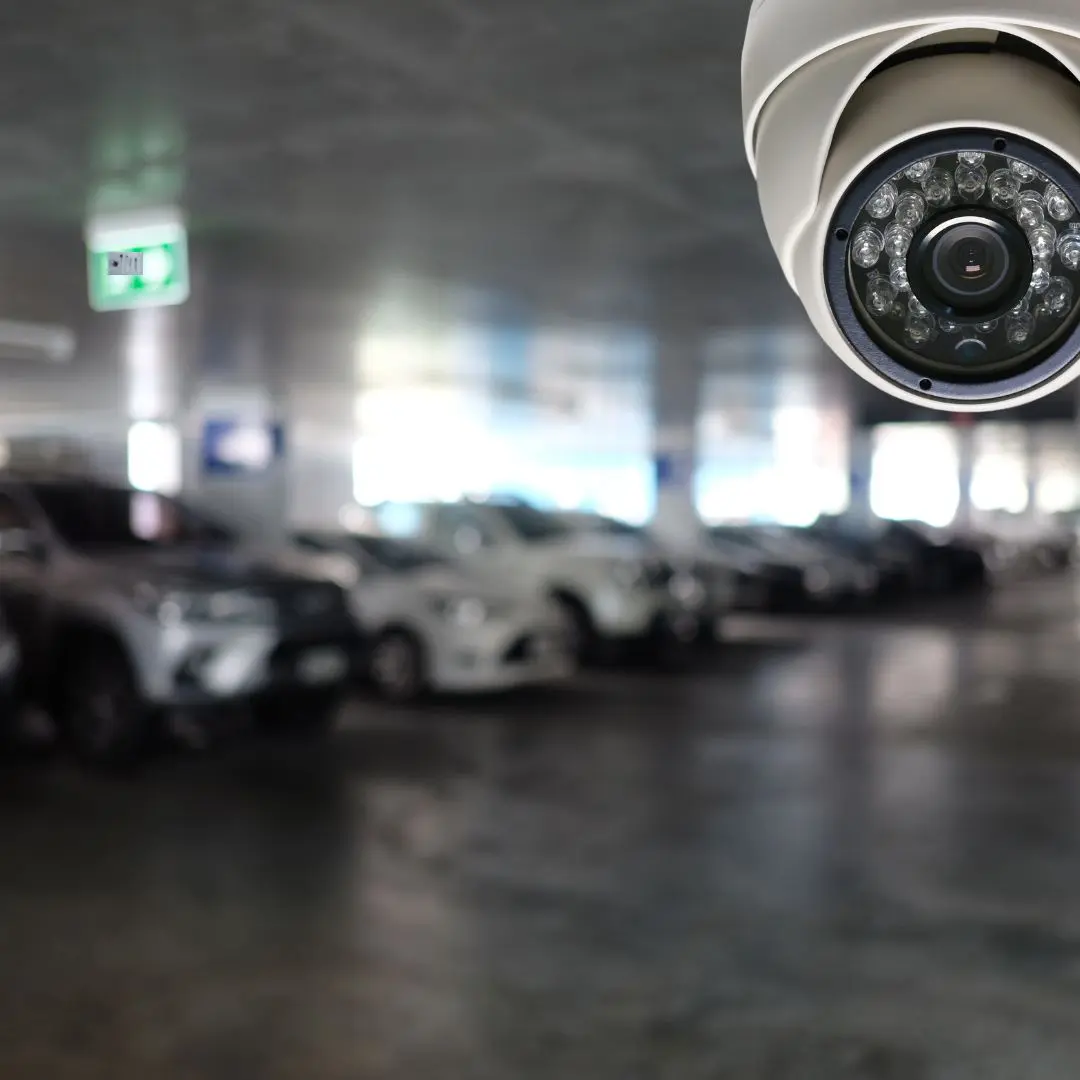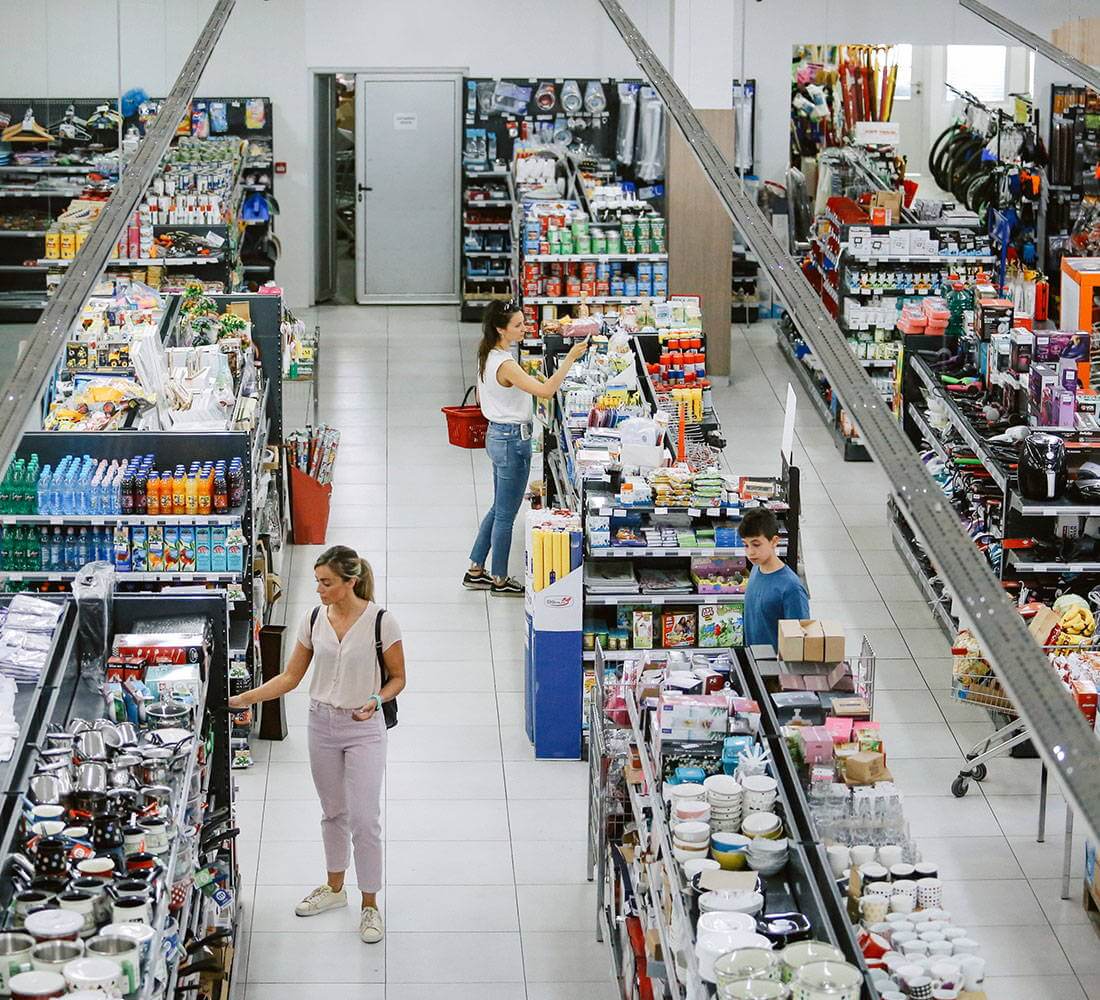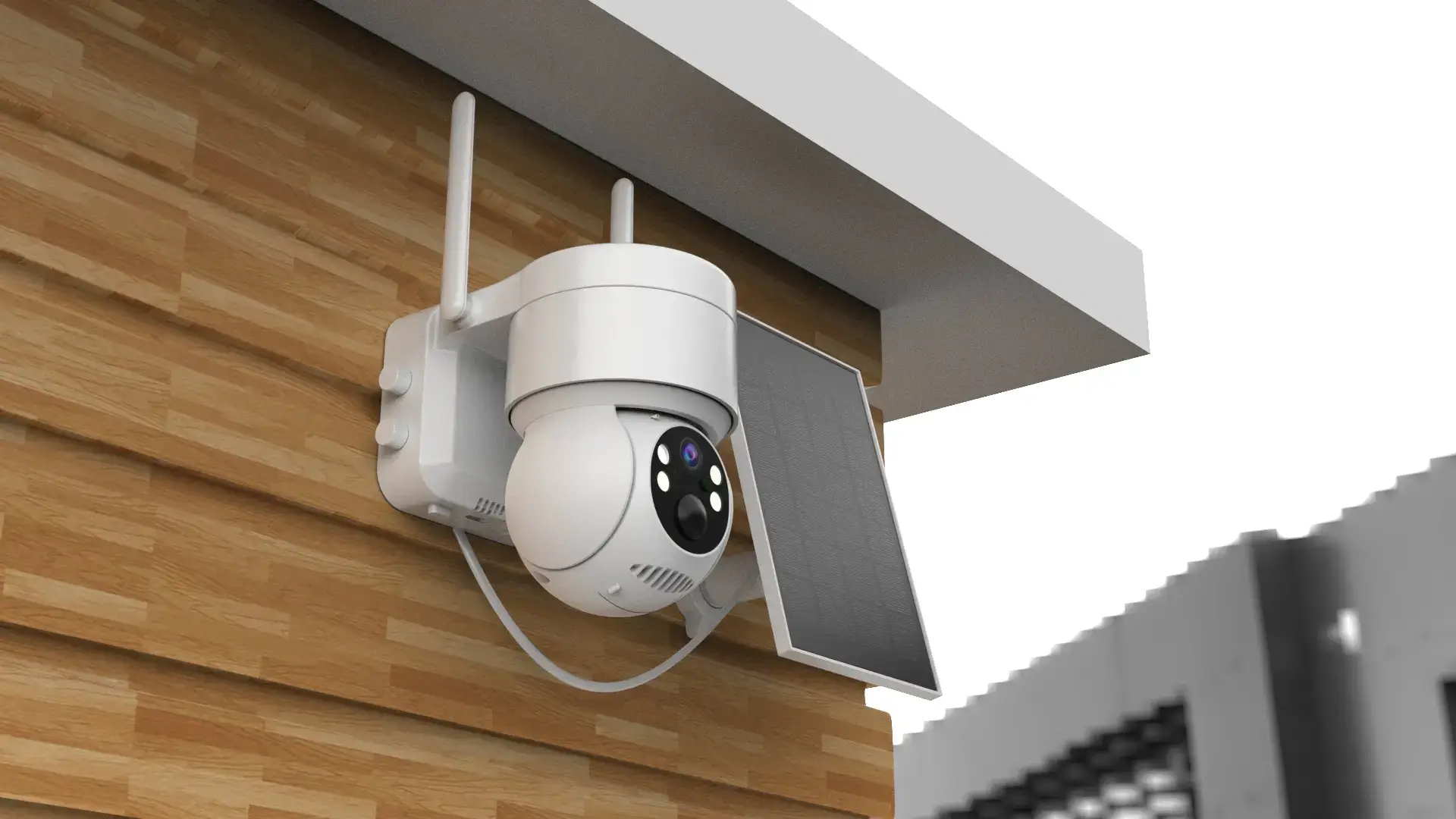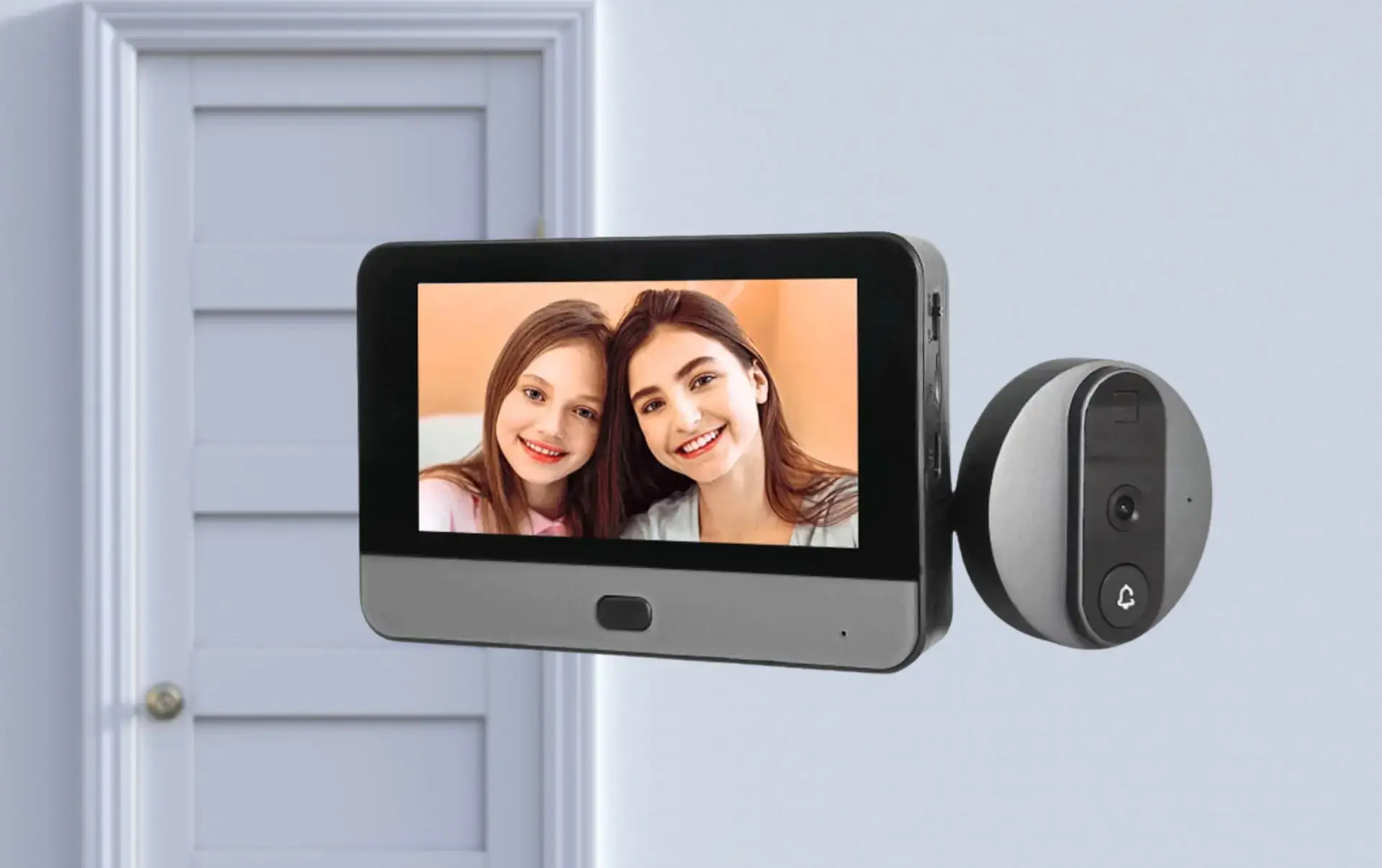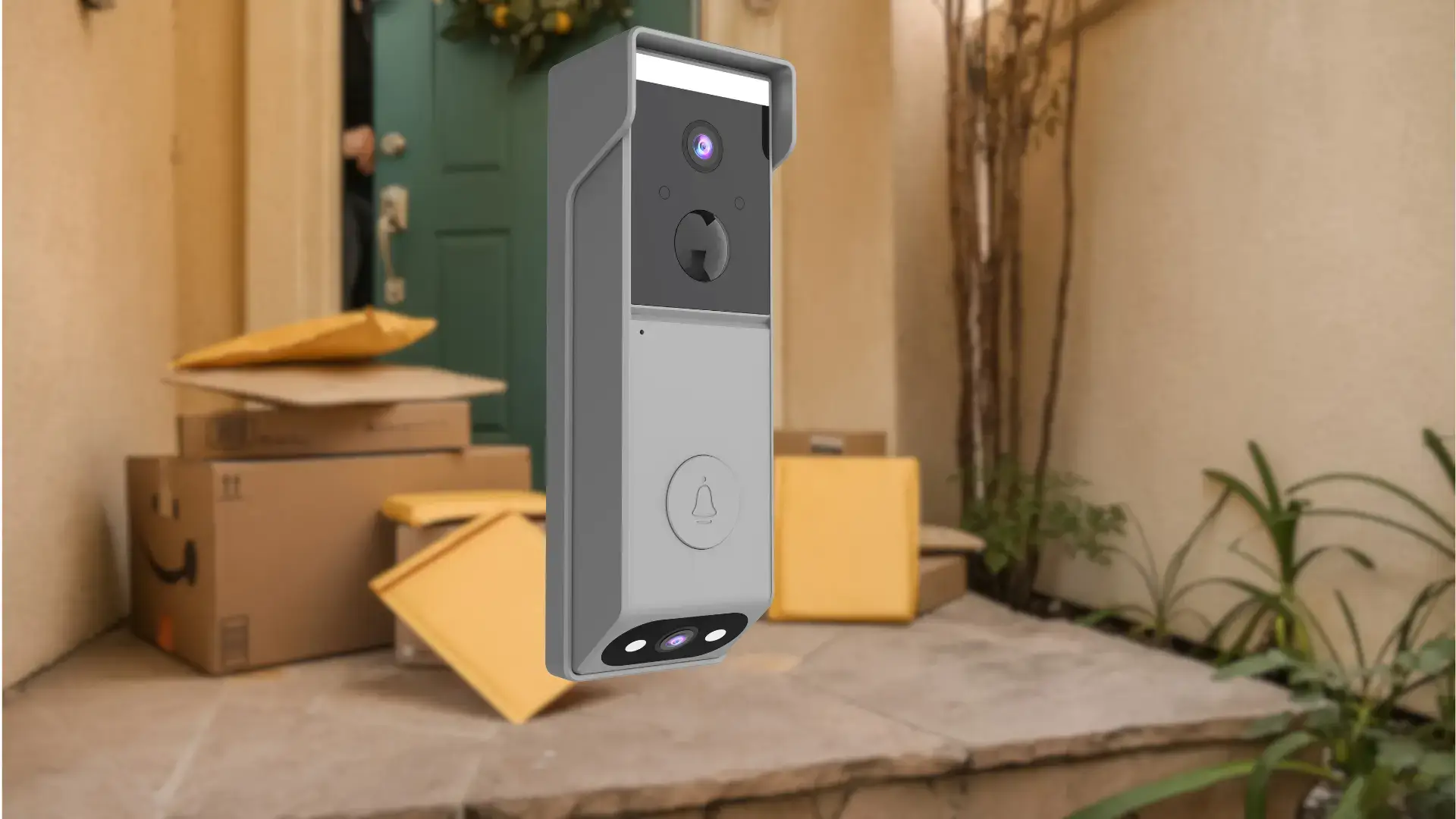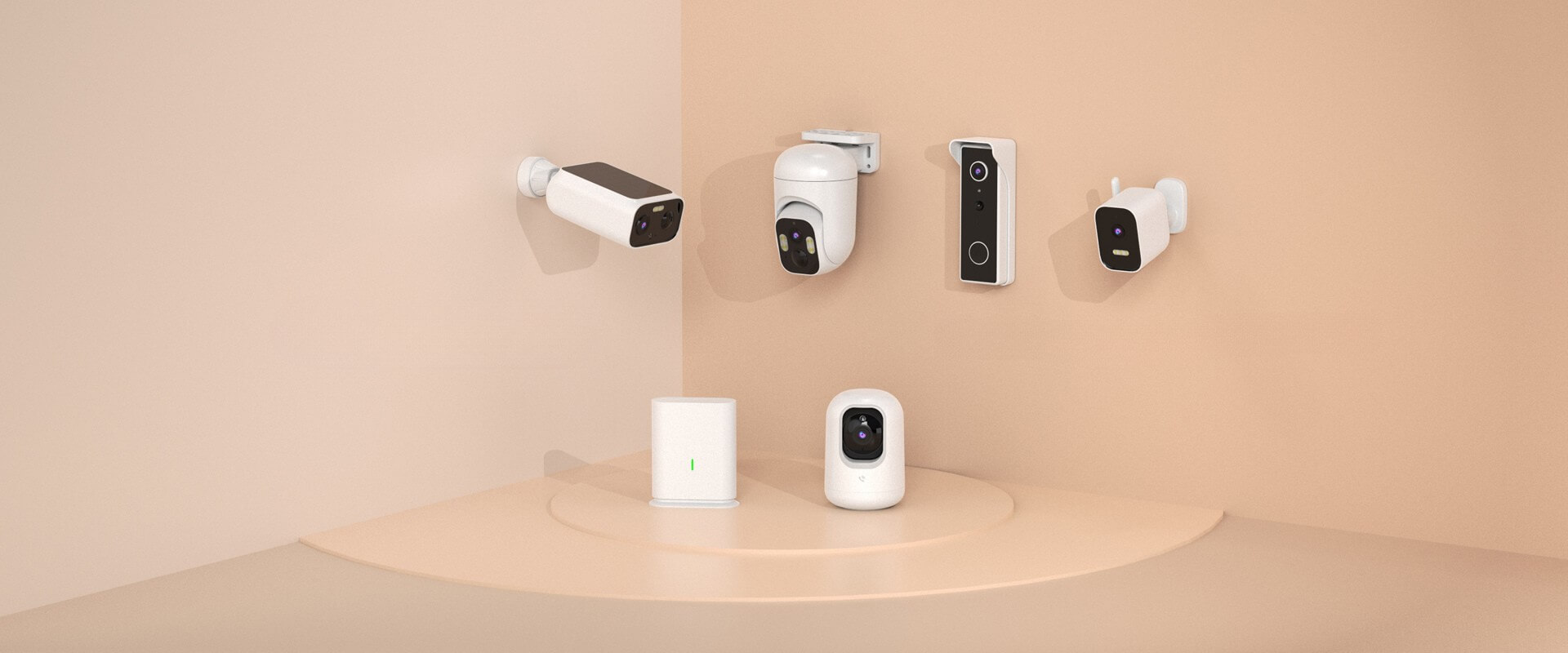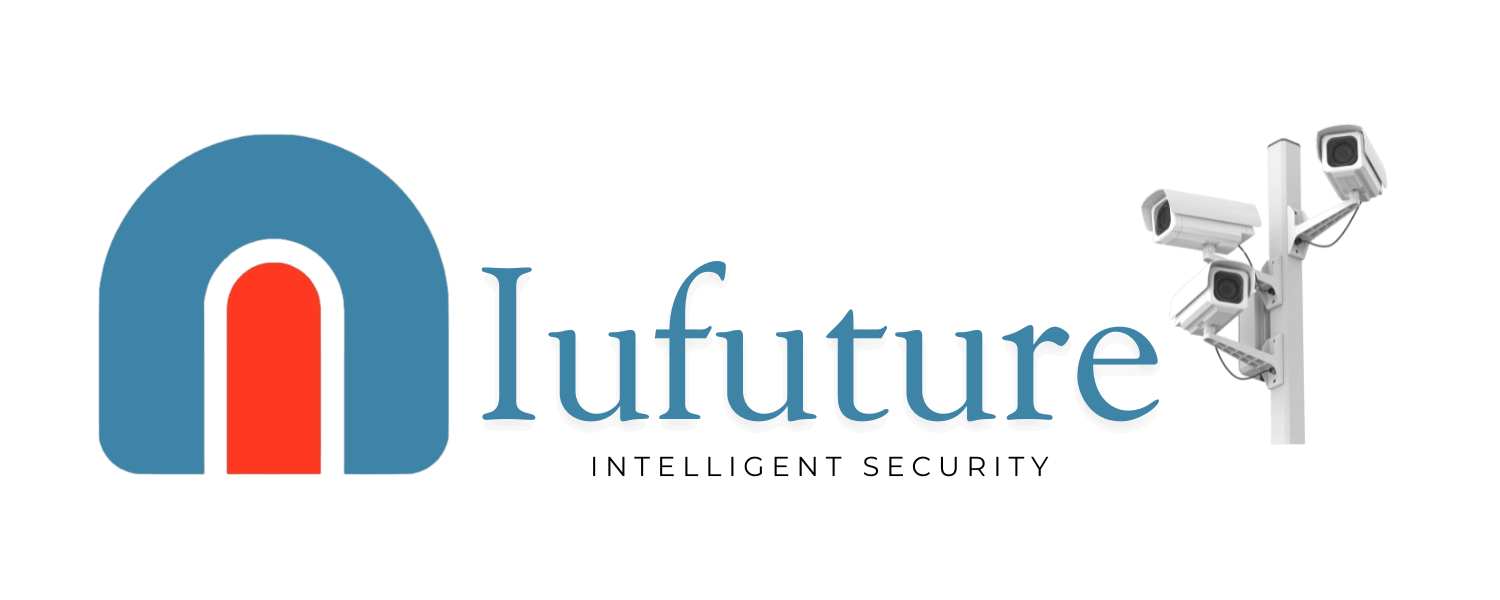In today’s fast-paced world, our homes are more than just places to eat and sleep; they are evolving into sophisticated, interconnected hubs powered by cutting-edge technology. The smart home system is at the forefront of this transformation, offering convenience, comfort, and a whole new level of control over your living space. From voice-activated assistants to energy-saving systems, a smart home is designed to adapt to your needs, making your life simpler, safer, and more enjoyable.
The Concept of a Smart Home System
At its core, a smart home system uses internet-connected devices to allow you to control various aspects of your home remotely. These devices communicate with each other and are often controlled through a centralized hub or a smartphone app. The Internet of Things (IoT) plays a crucial role in this technology, enabling devices like thermostats, lights, cameras, and locks to interact seamlessly.
While the idea of a connected home might seem futuristic, it is quickly becoming a mainstream reality. Today, even entry-level smart home devices are accessible to homeowners, allowing them to upgrade their spaces and embrace the convenience of automation.
Enhanced Convenience with Smart Technology
One of the most compelling reasons people are turning to smart home systems is convenience. Imagine being able to control your home’s lighting, climate, security, and entertainment with a simple voice command or tap on your phone. Smart assistants like Amazon Alexa, Google Assistant, and Apple Siri have made this possible, bringing a new level of ease to daily tasks.
For instance, with a smart thermostat like the Nest or Ecobee, you can control the temperature of your home from anywhere. Whether you’re at work or on vacation, you can adjust the thermostat remotely to ensure that your home is always at the perfect temperature when you return. Some thermostats even learn your preferences and adjust automatically, offering enhanced comfort without the need for manual adjustments.
The Future of Home Security
When it comes to safety, a smart home system takes security to a whole new level. Traditional security systems are often cumbersome and require constant monitoring. With a smart security system, homeowners can monitor their property from anywhere in the world using a smartphone or tablet.
Smart cameras, doorbell cameras, and motion sensors all contribute to a more effective and convenient home security system. For example, video doorbells like the Ring provide real-time video and audio feeds, allowing you to see and communicate with visitors at your door, no matter where you are. Motion sensors and security cameras can also be integrated with your home’s lighting system to deter potential intruders by automatically turning on lights at night when unusual movement is detected.
Additionally, many smart home systems integrate with security alarms, offering immediate alerts if there’s a break-in or a fire hazard. This level of connectivity ensures that you’re always in control of your home’s safety, whether you’re at home or traveling.
Saving Energy and Reducing Costs
A major benefit of adopting a smart home system is its ability to enhance energy efficiency. Smart devices can help you reduce energy waste, save money on your utility bills, and contribute to a more sustainable lifestyle.
For example, smart lighting systems allow you to control the lights in your home remotely. You can set schedules for when lights should turn on or off, ensuring that no energy is wasted when you’re not at home. Motion sensors can also be installed to detect movement in a room and automatically turn off the lights when no one is present.
Similarly, smart plugs and power strips can help you manage the energy consumption of appliances and devices that might otherwise remain plugged in unnecessarily. These devices can be turned off remotely or scheduled to shut off when not in use, preventing “phantom” energy drain.
Smart thermostats also play a significant role in reducing energy consumption. They not only adjust the temperature based on your daily habits but can also provide reports on your energy usage, helping you make smarter decisions when it comes to managing your home’s energy consumption.
Smart Home Automation for Ultimate Comfort
Another exciting feature of smart home systems is automation. By integrating various smart devices, you can create a fully automated environment that adjusts to your preferences without you having to lift a finger. Smart home automation offers a wide range of possibilities, from setting mood lighting to scheduling appliances to turn on at specific times.
For instance, you can create scenes or routines that trigger multiple actions at once. Imagine a “Good Morning” routine that automatically turns on your coffee machine, adjusts your thermostat, opens the blinds, and plays your favorite music. Alternatively, you can set up a “Movie Night” scene that dims the lights, closes the blinds, and turns on your TV—all with a single command.
This level of convenience and personalization is a major draw for many homeowners. Smart home systems not only streamline day-to-day activities but also enhance your overall living experience, allowing you to enjoy a space that caters to your individual needs and preferences.
Improved Entertainment Systems
Entertainment is another area where smart home systems shine. With smart speakers, smart TVs, and streaming devices, you can create a home theater experience that’s fully integrated with your smart home ecosystem. Voice assistants, like Alexa and Google Assistant, allow you to control your music, movies, and TV shows with simple voice commands.
For example, you can ask your smart speaker to play a specific song, adjust the volume, or even change the channel on your TV. If you have a smart home theater system, you can set it up to turn on, adjust the lighting, and even dim the blinds with one command, creating the perfect atmosphere for a movie or a game night.
Moreover, integration with streaming services such as Netflix, Hulu, and Spotify makes accessing your favorite entertainment easier than ever. You can even sync your music or video content across different rooms, allowing you to enjoy your entertainment throughout the house.
Seamless Integration with Other Smart Devices
A key strength of a smart home system is its ability to integrate with a wide range of other devices and technologies. From refrigerators and washing machines to smoke detectors and water heaters, the possibilities are endless when it comes to creating a smart home environment.
Smart kitchen appliances, such as refrigerators that can notify you when your groceries are running low or smart ovens that can be preheated remotely, are just the beginning. In the future, even more home appliances will become “smart,” offering additional convenience and functionality.
Furthermore, integration with voice assistants and smartphones allows you to control these devices easily. Whether you’re looking to adjust your washing machine’s settings or check the status of your water heater, everything can be monitored and controlled from a central location.
A Safer, Smarter Future
As technology continues to evolve, so too will the capabilities of smart home systems. The potential for innovation in this space is limitless, and it’s exciting to think about how future advancements will further enhance our homes. With continuous improvements in artificial intelligence, machine learning, and connectivity, smart homes will become even more intuitive and capable of anticipating our needs.
For example, future smart homes could predict your behavior based on your daily routines and adjust settings accordingly. They could even become proactive in managing potential safety issues, such as detecting a gas leak or notifying you of an electrical problem before it becomes a hazard.
Additionally, the integration of sustainable technologies—like solar panels and energy storage systems—into smart home systems could revolutionize how we think about energy consumption and conservation. The smart home of the future will not only be more connected but also more sustainable, helping homeowners reduce their carbon footprint and live in harmony with the environment.
Smart home systems are no longer a luxury reserved for tech enthusiasts; they are quickly becoming a necessity for modern homeowners looking to enhance their quality of life. With their ability to provide convenience, security, energy efficiency, and a whole host of other benefits, smart homes are transforming how we live, work, and play. As this technology continues to evolve, we can expect even more innovative solutions that will make our homes smarter, safer, and more sustainable than ever before. Embrace the future today, and take your home to the next level with a smart home system.
